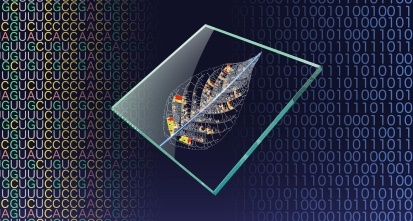Gain new perspectives for faster progress directly to your inbox.
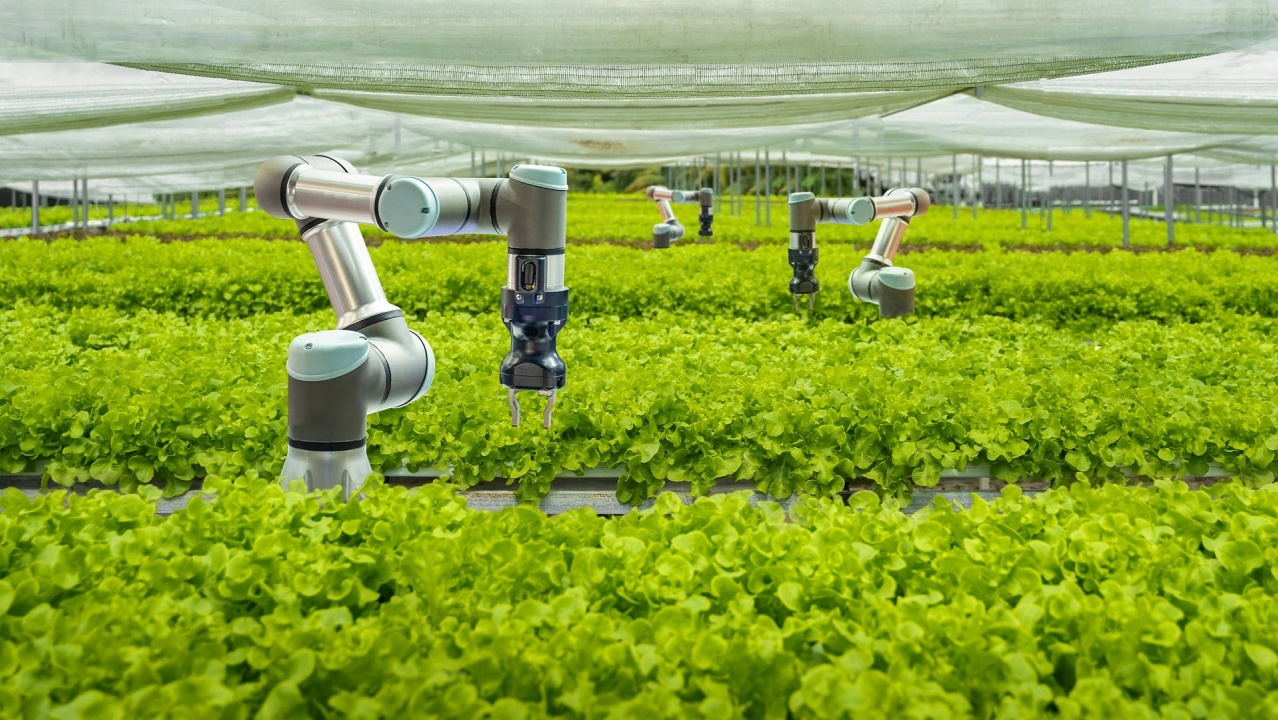
The food industry, a sector perpetually grappling with dynamic consumer demands, variable crop yields, and pressing sustainability issues, finds a potent ally in artificial intelligence (AI). As AI in the food industry weaves its way into various facets of production, from precision farming to quality control, it offers a beacon of efficiency and safety. This pivotal integration is not merely about technology; it's about reshaping the foundations of food manufacturing and product development, making way for a future where innovation meets sustainability.
AI's influence extends beyond mere production processes. It's changing how new food products are conceived, designed, and brought to market. Through AI-driven predictive analytics and machine learning, companies can now align closer than ever with consumer preferences, drastically reducing the trial-and-error of product development.
This synergy of technology and culinary science unlocks new possibilities in ingredient discovery, pushing the boundaries of what's achievable in taste, nutrition, and ecological impact. As we embark on this journey of AI in the food industry, we witness a sector transforming itself, ready to cater to a world that demands smarter, more sustainable food solutions.
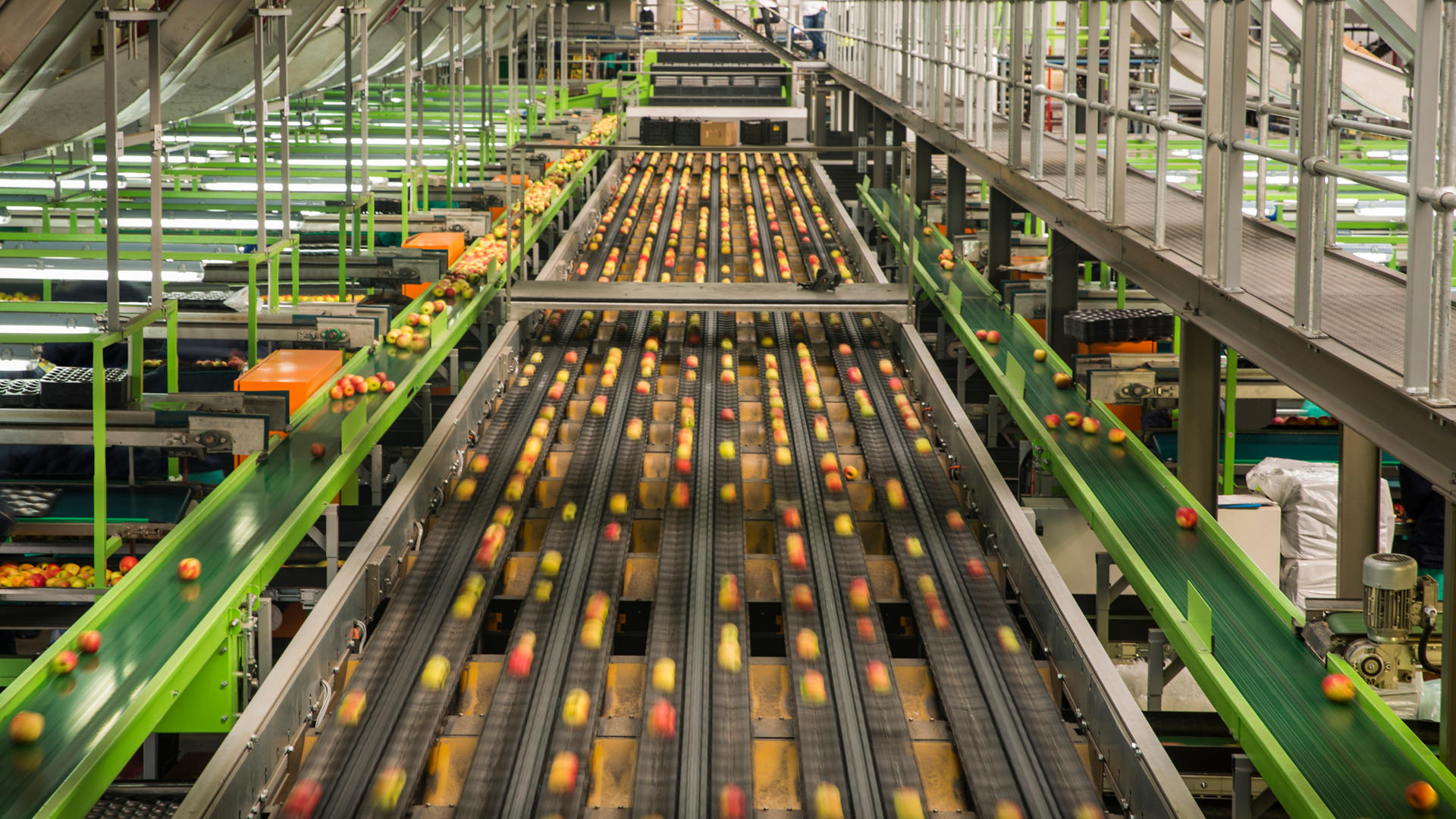
AI in food production: A new frontier in efficiency and sustainability
The food industry is constantly challenged by shifting consumer demands, fluctuating crop yields, subpar safety standards, and an alarming level of food waste. In the United States alone, a staggering 30% of all food and drink is discarded annually, translating into a loss of approximately $48.3 billion in revenue. This is where AI steps in, offering a transformative solution. By utilizing AI in the food industry, we can significantly mitigate these issues, particularly in reducing food waste through more efficient practices.
AI's role in food production is pivotal, marking a shift towards more intelligent and sustainable practices. Advanced predictive analytics, driven by AI, enable accurate forecasting of weather patterns, enhancing crop resilience and yield. AI systems can analyze vast amounts of data to detect early signs of disease and pest infestation, allowing for timely and targeted interventions. Furthermore, AI-driven monitoring of soil and nutrient levels leads to optimized fertilizer usage, contributing to healthier crops and reduced resource expenditure.
The application of AI in food manufacturing also promises enhanced efficiency and safety. Automated AI-driven inspection systems are revolutionizing quality control processes. By employing predictive analytics, these systems can preemptively identify contamination risks and optimize supply chain management. AI machine vision systems are adept at scrutinizing product quality, ensuring only the highest standard goods reach consumers.
The outcome of incorporating AI in food production can lead to significant waste reduction, safer food products, and an overall boost in industry profits. By embracing AI, the food industry can advance towards a more sustainable and profitable future.
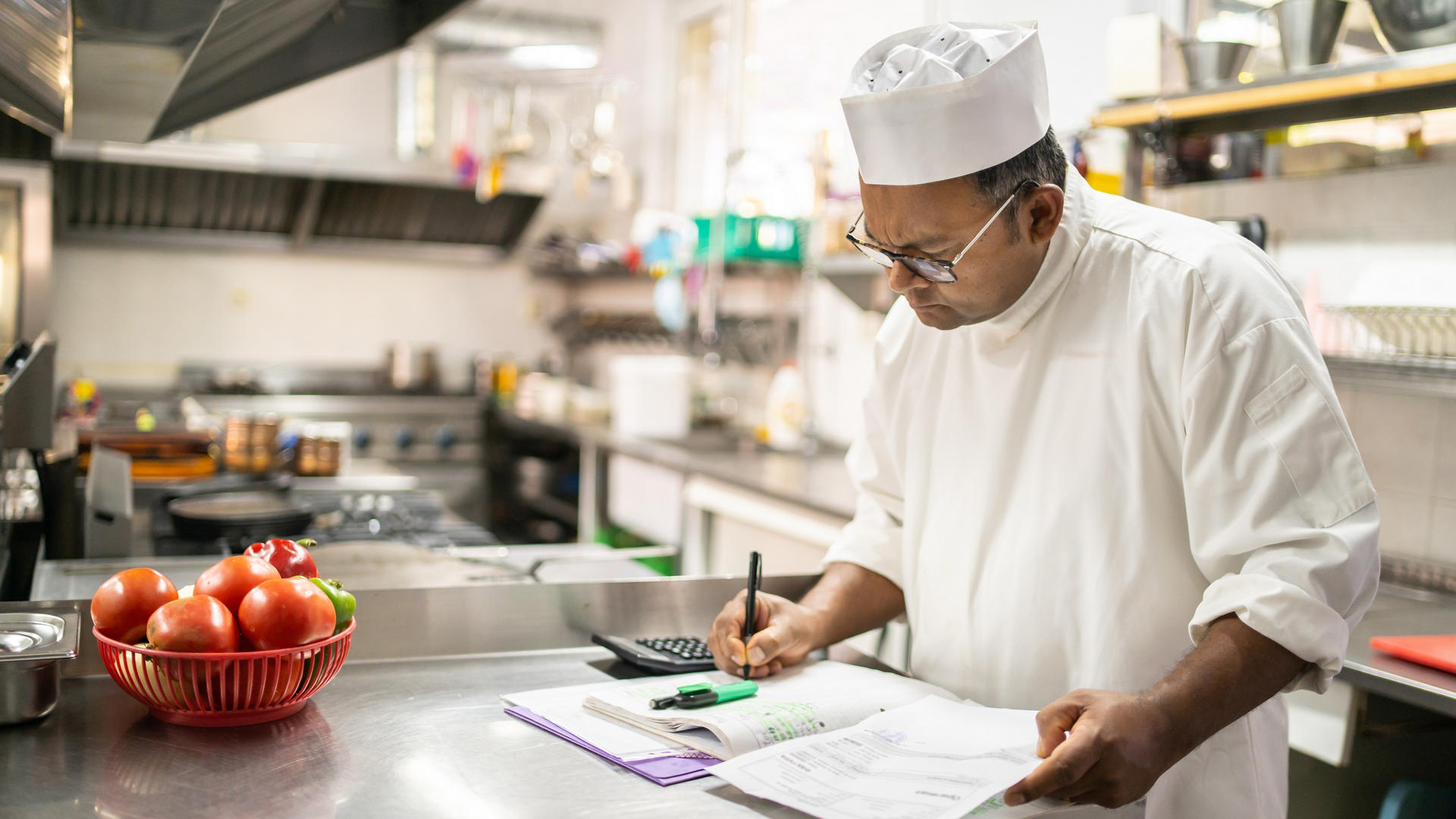
AI-driven innovation: Crafting the future of food products
The stark reality in the food industry is that around 80% of new product launches fall short, primarily due to consumer disinterest. However, AI is changing this narrative. Data scientists are now harnessing AI for predictive analytics, offering a deeper understanding of consumer preferences and trends. This approach significantly enhances personalization, elevating consumer satisfaction and success rates in product launches.
In the rapidly evolving landscape of food technology, the need to embrace emerging technologies has never been greater. Leading companies in the food sector are pioneering AI use, showcasing its versatility and transformative impact. From expediting product prototyping to mastering the precision formulation of plant-based alternatives, these examples underline the expansive potential of AI in redefining product development.
| Company | Application of AI | Outcome |
| Nestlé | Utilizes AI for trend analysis, ingredient exploration, and health benefit insights. Engages in virtual reality for rapid prototyping in Web3 spaces. | Swift ideation and testing of compelling product concepts. |
| Vivi Kola | Collaborated with ChatGPT for the development of a low-sugar vegan beverage. | Reduced development time to just two days, streamlining production and cutting costs. |
| Climax Foods Inc. | Employs AI in their Deep Plant Intelligence platform for the precision formulation of plant-based foods, optimizing taste, texture, and nutritional value. | Accelerated innovation and commercialization of plant-based alternatives with enhanced sensory and nutritional qualities. |
As we observe the remarkable strides made by Nestlé, Vivi Kola, and Climax Foods Inc., it becomes evident that AI in the food industry is not only a tool but also a catalyst for innovation. These efforts demonstrate how AI can transform ideas into reality, reshape market trends, and create products that resonate with evolving consumer needs. The success of these initiatives serves as a testament to AI's potential to restructure food product development.
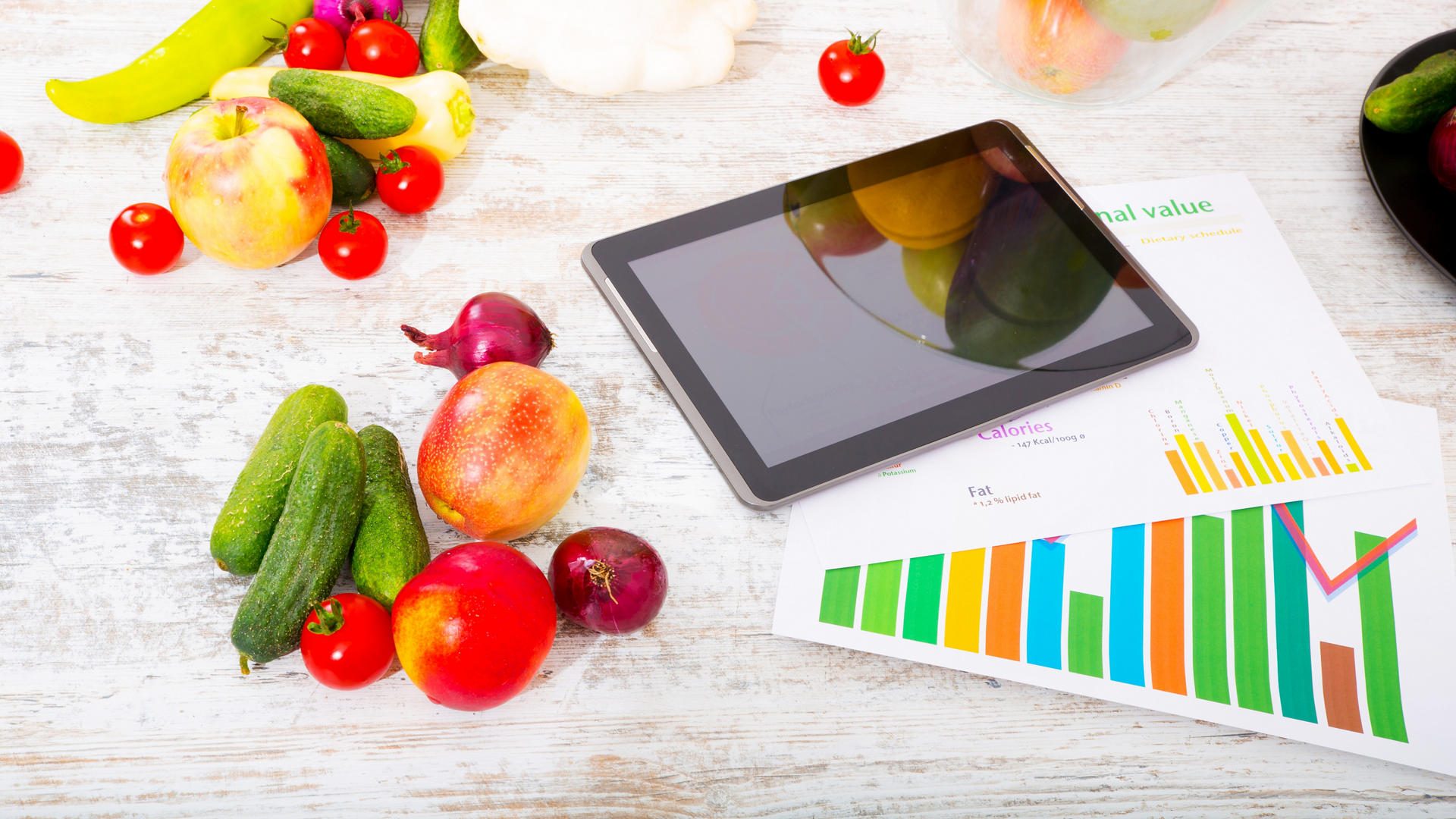
AI-powered ingenuity: Redefining ingredient discovery in food manufacturing
AI is proving to be more than a technological advancement; it's a game-changer in ingredient innovation. The traditional approach to ingredient discovery, often slow and resource-intensive, is being transformed by AI's capability to rapidly identify and develop new, sustainable ingredients.
Brightseed's Forager exemplifies this transformation. This AI-driven computational platform is transforming how we understand plant-based bioactives. Its machine learning algorithms don't just analyze the molecular composition of plants; they also uncover potential health benefits, paving the way for creating unique and beneficial ingredients.
For The Not Company, creating their AI platform known as ‘Giuseppe’ has helped them quickly develop their plant-based alternative products. Giuseppe parses information about the composition, taste, texture, and appearance of animal products and produces a number of plant-based recipes to recreate the same experiences. These recipes are then tested, and review information is fed back to Giuseppe, allowing the platform to learn and become more accurate with each product it develops.
When The Not Company developed its first product, NotMayo, the process took 10 months. Since then, Giuseppe has increased efficiency for every subsequent product, with NotChicken taking only 2 months. By using available AI technology, companies can rapidly increase their efficiency, reduce their development costs, and quickly get the best products into the hands of their discerning consumers.
By harnessing AI in ingredient innovation, food scientists are not just creating new products; they're reshaping the landscape of food manufacturing. This technological leap grants them a competitive edge, allowing for quicker market introductions of sustainable and innovative ingredients. The potential of AI in the food industry is boundless, offering exciting prospects in R&D efficiency, new revenue streams, and a revolution in the food industry.
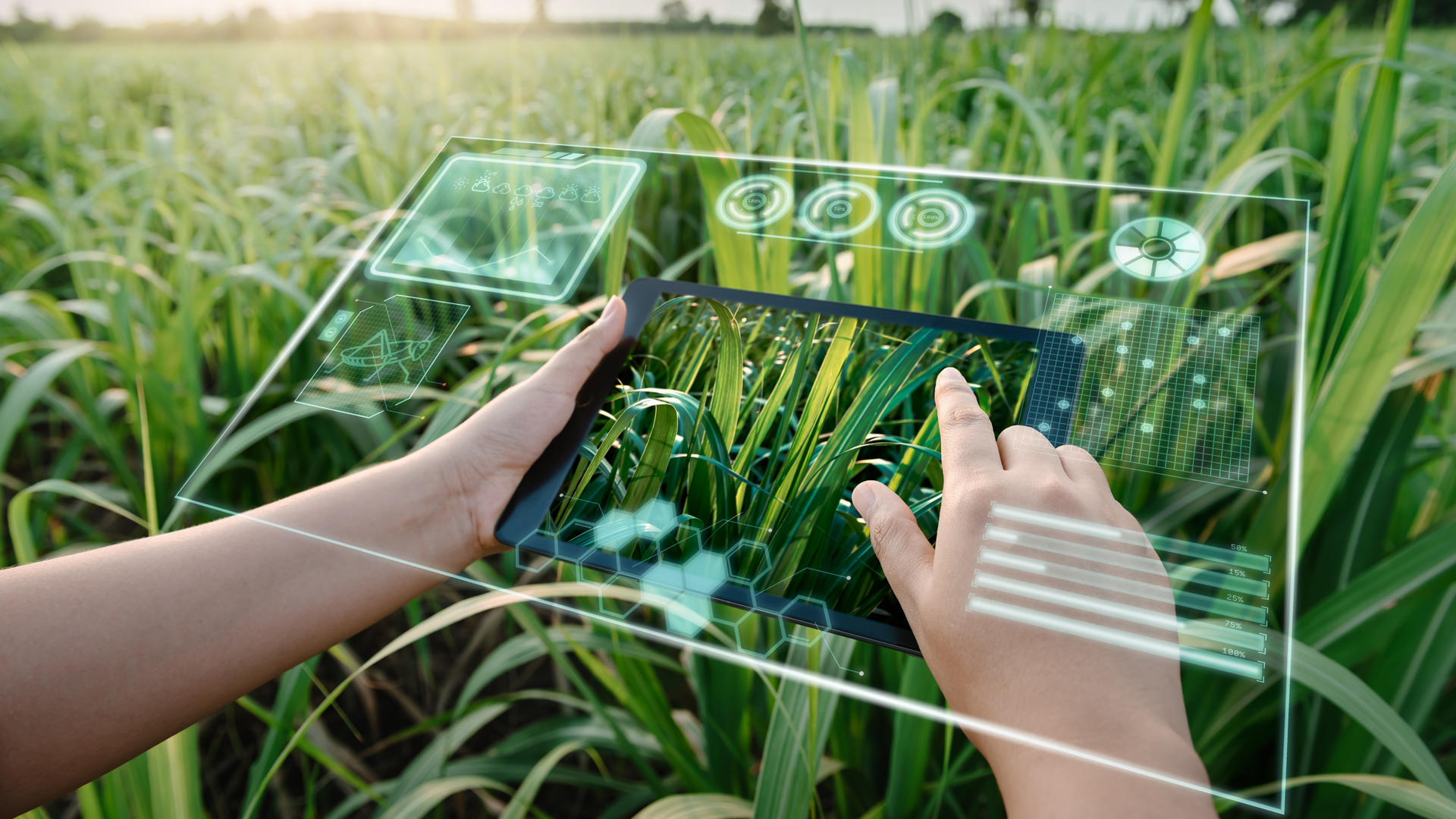
Shaping the future of AI in the food industry
As we stand on the cusp of a new era in the food industry, the integration of AI emerges as a pivotal force in redefining its future. Companies that strategically embrace AI are not merely adapting but forging a path toward unparalleled success and sustainability. The choice is clear: evolve with AI and lead the change or risk falling behind in a rapidly progressing world.
In an industry characterized by relentless change and diverse consumer expectations, AI is the cornerstone for innovation and safety in food production and manufacturing. The leaders and visionaries of the food industry who welcome AI are not just adopting technology but championing a movement towards smarter, more sustainable food solutions.
The journey with AI in the food sector is one of both discovery and triumph. With each step forward, we unlock new potentials in efficiency, creativity, and growth, marking a transformative chapter in the history of food technology.
Join the AI food revolution today with CAS Custom ServicesSM, where our expert scientists and AI-driven solutions are ready to elevate your unique food industry challenges.


